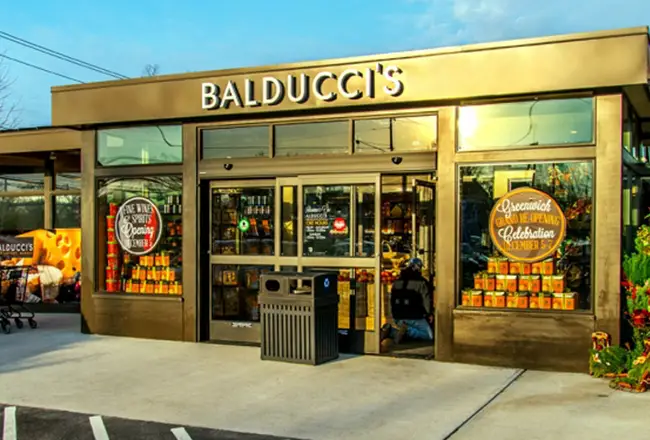Greenburgh Town Supervisor Paul Feiner wants the state Legislature and Gov. Andrew M. Cuomo to put a new law on the books that would make it easier to sue utilities such as Con Edison for damages if it’s found they were not prepared to deal with a prolonged power outage.

Feiner’s call comes after Tropical Storm Isaias pounded the region to such a degree that Con Ed said it had caused the second-widest power outage in its history. The storm hit on Aug. 4, toppling trees and power lines and knocking out power, telephone and cable TV and internet service for hundreds of thousands of people in the storm’s path for several days or more.
Feiner’s lawsuit proposal was a follow-up to his testimony along with other public officials at a public hearing held jointly by New York’s House and Senate. Con Ed’s Chairman and CEO John McAvoy also spoke and said that the investments the utility has made to harden the electrical system resulted in 20% fewer outages during Isaias than they otherwise would have expected.
“Isaias brought down thousands of trees across New York City, Westchester and our Orange and Rockland service territories,” McAvoy said. “The storm damaged 815 poles across both our service territories and blocked more than 600 roads in Westchester.”
Feiner has taken the position that if it can be proven that a utility did not use reasonable care to prepare for a storm and have adequate crews on the ground to respond immediately, people should have a relatively easier path than currently exists to seek damages for expenses and property damage.
“Lawsuits by ratepayers have been tried before. They generally assert the utility has a legal duty to provide service,” Feiner said. “Lawsuits of this ilk have not been successful.”
Feiner said that an alternative to a new law would be for municipalities to sue.
“The suit would be based on the straightforward claim that Con Ed”™s preparation for the storm and the post-storm remedial response were negligent, and thus Con Ed is responsible for damages,” Feiner said.
“This suit would be by the town and other government entities which choose to participate, which granted the franchise and (would be) based on the specific language in the franchise grant holding the utility responsible for damages caused by its negligence.”
Feiner said that a lawsuit could try to win direct damages and consequential damages. Direct damages would include substantial clean-up expenses and police department and other public safety expenses. Consequential damages could be reflected in the form of reduced revenues from a municipality’s share of sales taxes due to the decreased commercial activity following the storm.




















